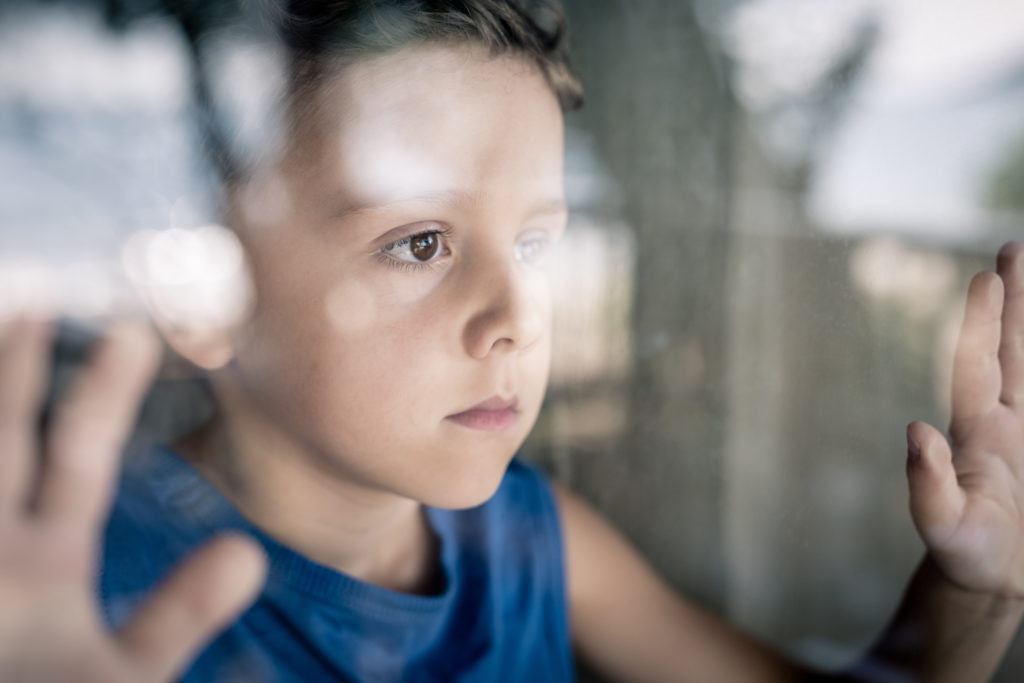A new Louisiana law has expanded the time for survivors of child sexual and physical abuse to file civil claims against their abusers and those who enabled the abuse.
Re-Opening a Window for Time-Barred Claims
Act No. 322 creates a three-year window for survivors of child sexual and physical abuse to file civil claims against their abusers, whether or not the statute of limitations has expired. This three-year period, called a “lookback window,” began when the law took effect on August 1, 2021. During this window, persons who suffered abuse at any time in the past may properly file a timely legal claim against their abusers and any other persons or entities that enabled that abuse.
Previously, survivors typically only had until age 28 to file claims (ten years after they became legal adults). Statistics show, however, that most childhood sexual abuse survivors don’t come forward until they are in their 50s. This means that most abuse crimes against children go unpunished, as the survivors are time-barred from filing lawsuits against their abusers at the time they come forward.
Lookback Laws Benefit Both Survivors and Communities at Large
Louisiana is one of several states (including New York, California, Vermont, and North Carolina) that have enacted such a lookback window for childhood sexual abuse survivors to pursue justice and compensation for the wrongs they experienced in the past.
One significant effect of these lookback laws is to shift some of the financial burdens of the aftereffects of child abuse from survivors and taxpayers to the abusers and the institutions who enabled their abuse. The long-term economic cost of child abuse is more significant than many people realize. One in five girls and one in 13 boys are sexually abused before the age of 18. When those children become adults, they often have difficulty holding a job and are more likely to be addicted to drugs or incarcerated than individuals who were not abused. Taxpayers bear the burden of their legal expenses, incarceration costs, and unpaid medical bills. The CDC estimates that the total lifetime economic cost of child sexual abuse in the United States is at least $9.3 billion.
The severity of the effects of childhood sexual abuse stems from the permanent physical changes that occur in a child’s developing brain when subjected to trauma or abuse. These changes have a profound effect throughout their adult lives. As adults, child physical and sexual abuse survivors are four times more likely to abuse drugs and alcohol, four times more likely to develop PTSD, three times more likely to experience a major depressive episode, and 20 times more likely to attempt suicide. They even experience higher rates of heart disease and autoimmune disorders.
These survivors are often left to pick up the tab for their therapy and medical treatment, which can be staggeringly expensive. Financial stresses can exacerbate already debilitating mental illness. Those who can’t afford care often require some form of government assistance. But it’s not the state who should pay for their treatment – it’s the abusers and the institutions that enabled their abuses.
Creating the lookback window for survivors to file civil suits against their abusers and these institutions gives potentially thousands of Louisianans the opportunity to pursue the compensation they rightfully deserve to pay for their own treatment and attain some sense of justice. When they gain financial independence, they can live happier, healthier, more functional, and self-sufficient lives.
Lookback Laws Help Hold Abusers Accountable
Allowing these types of civil cases is also an excellent way to identify child predators who successfully evaded justice and expose the breakdowns within the organizations that allowed the abuse. Institutions usually label individual abusers as “bad apples” to avoid blame for creating an environment that enabled abuse or turning a blind eye to warning signs and previous incidents. Civil cases force these organizations to investigate their own people and policies transparently and exhaustively – something they can’t always be trusted to do without a court order.
Act No. 322 creates a pathway toward justice and closure for a generation of survivors who have lived their lives coping with the aftereffects of childhood trauma. But it’s not just about healing their wounds — it’s also about healing the damage done to society at large by child physical and sexual abuse.










